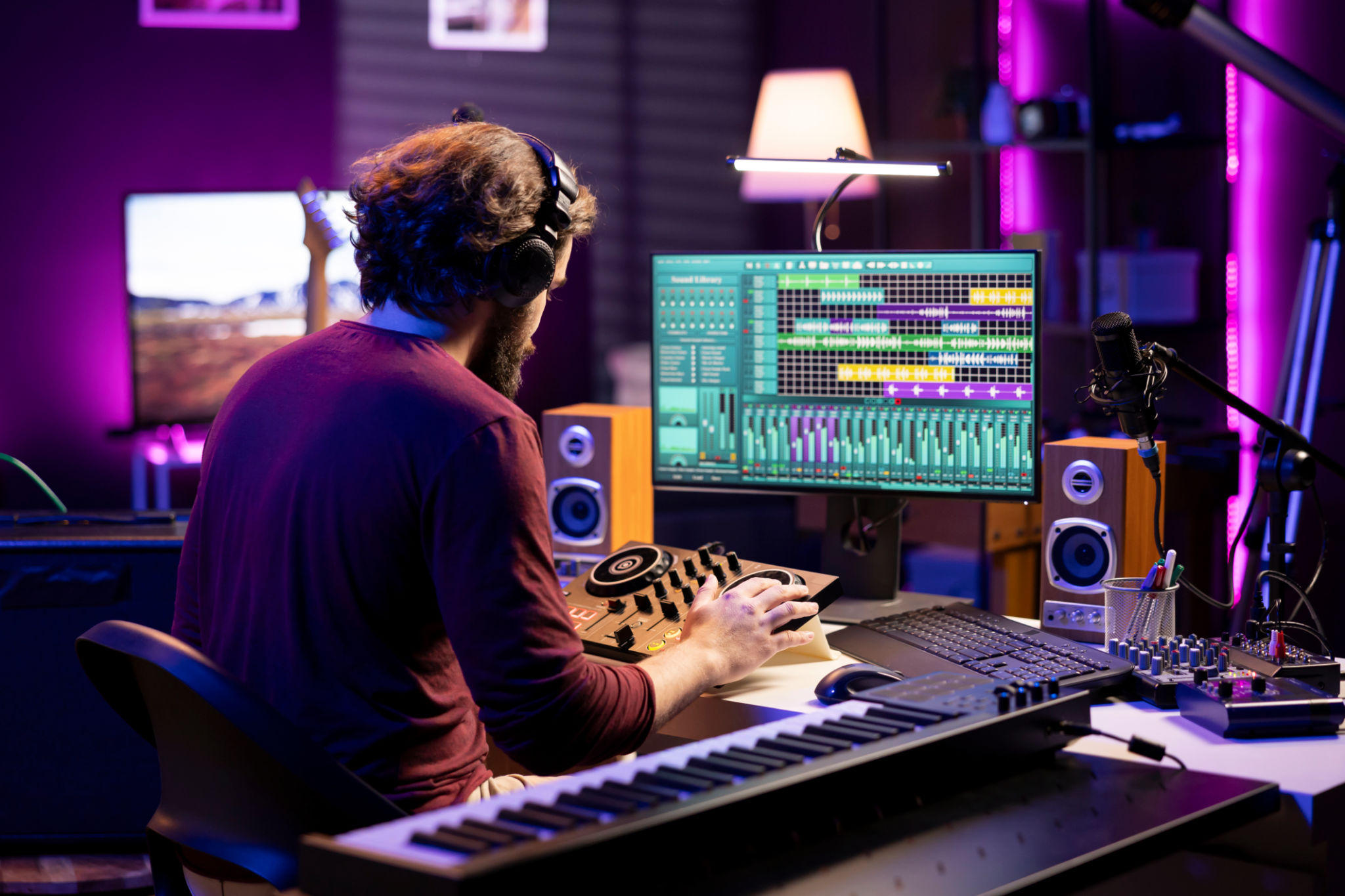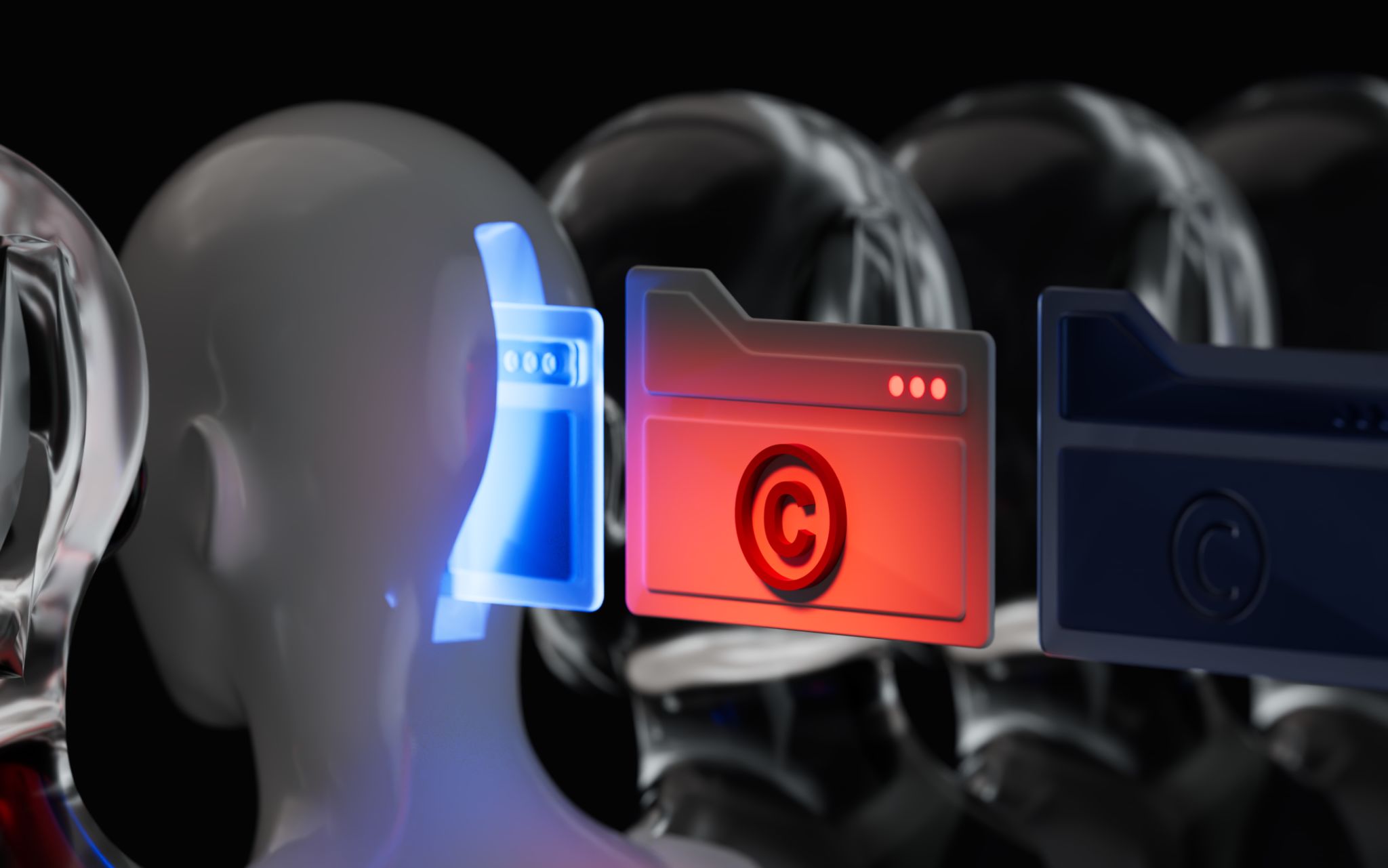Protecting Your Music Online: Essential Strategies for Artists
Understanding the Importance of Protecting Your Music
In the digital age, protecting your music online is crucial for ensuring that your creative work is not only recognized but also fairly compensated. As an artist, you have poured your heart and soul into your music, and it's important to safeguard it from unauthorized use and distribution. This can be a daunting task, but with the right strategies, you can secure your music and maintain the integrity of your artistic vision.

Use Watermarking and Metadata
One of the most effective ways to protect your music is by using watermarking and metadata. Watermarking involves embedding a unique code within your audio files that can help you track where your music is being played or distributed. Metadata, on the other hand, includes information like your name, album title, and copyright details embedded within the file. This ensures that anyone who comes across your music knows who it belongs to.
By incorporating these techniques, you can easily monitor the usage of your music across various platforms. It's a proactive way to ensure that your rights as an artist are respected and that your work remains attributed to you.
Leverage Copyright Protection
Copyright protection is a fundamental step in safeguarding your music. Registering your songs with the relevant copyright office in your country provides you with legal protection against unauthorized use. This not only covers the original recordings but also any derivative works that may be created from your music.

In addition to official registration, consider joining performance rights organizations (PROs) that can help you manage royalties and licensing. These organizations monitor the use of your music in public spaces and ensure you receive fair compensation for its use.
Utilize Digital Rights Management (DRM)
Digital Rights Management (DRM) technologies provide another layer of protection for your music by restricting how it can be copied or distributed. Platforms like iTunes and Spotify employ DRM to ensure that music is only accessed by authorized users and cannot be easily pirated.
Consider employing DRM for your own releases to control how your music is shared and to prevent unauthorized duplication. This not only protects your revenue streams but also maintains the exclusivity of your work.

Monitor Online Platforms
Keeping an eye on online platforms where your music might be shared is an essential part of protecting your work. Regularly search for unauthorized uploads or distributions of your music on sites like YouTube, SoundCloud, and social media platforms.
If you find unauthorized content, most platforms provide mechanisms for reporting infringements. Use these tools to request the removal of any unauthorized versions of your work. Additionally, setting up Google Alerts for your music can help you stay informed about where and how it's being used.
Engage with Your Audience
Building a strong relationship with your audience can also play a significant role in protecting your music. By engaging with your fans through social media and other channels, you can create a community that supports and respects your work.
Your fans can become advocates for your music, helping to spread the word about where it can be purchased or streamed legally. Encouraging them to report unauthorized versions can also aid in maintaining control over how your music is distributed.
Conclusion
Protecting your music online requires a multifaceted approach, combining technology, legal measures, and community engagement. By implementing these strategies, you can safeguard your creative work and ensure that you receive the recognition and compensation you deserve. As you continue to share your art with the world, remember that protecting it is as important as creating it.
